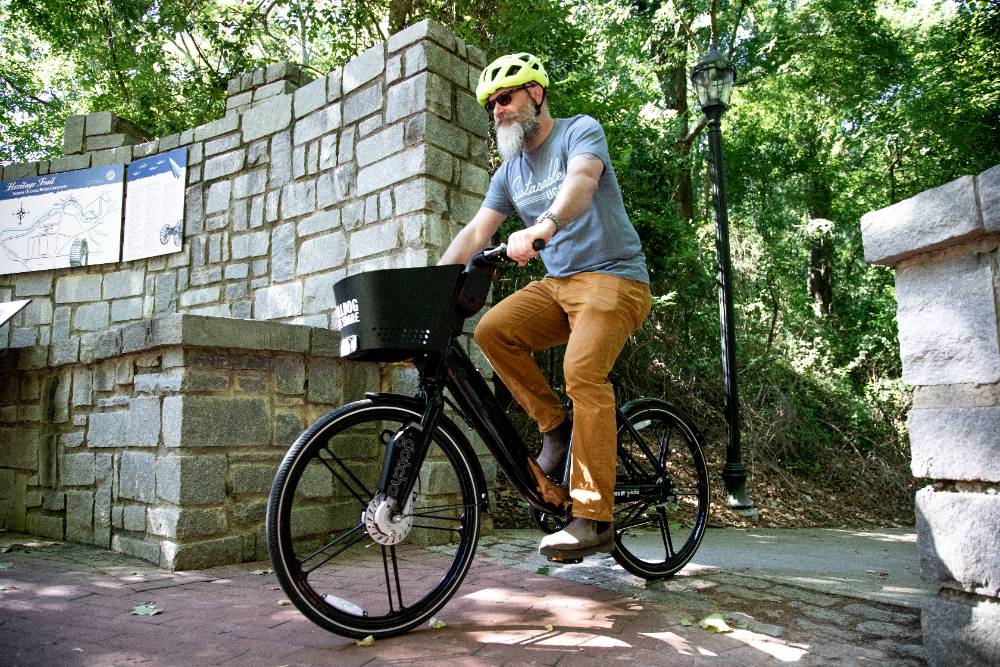Get Involved

students
UGA's Living Lab provides students the opportunity to have a part in solving critical sustainability challenges on campus through hands-on projects with tangible outcomes. We encourage students to get involved with any of the following experiences and employ our current resources and campus needs to guide your efforts:
- Capstone Classes
- Office of Sustainability Internships
- Sustainability Grants
- CURO Research Projects or other faculty-guided research
See UGA's Living Lab Digital Archive to explore past-driven student projects and learn how your work can have a permanent, positive impact.

Faculty
Through UGA's Living Lab, faculty members are empowered to apply their expertise in a given academic area to contribute to UGA's strides in becoming a leading university in sustainability progress. By involving campus's current needs and resources into research outside of the classroom, or as teaching tools in the classroom, faculty members can make lasting, meaningful impacts on campus and beyond. We advocate that faculty members incorporate Living Lab principles through:
- Experiential learning within coursework
- Capstone projects
- Faculty or student-involved research
See UGA's Living Lab Digital Archive to explore Living Lab projects and learn how your work can have continuous impacts on campus.

Staff
Staff members are in the unique position to provide valuable insight into daily functions and challenges of UGA's campus operations. UGA's Living Lab seeks to connect staff members with faculty and students to work together to solve operational challenges with sustainable solutions.
In order to address these challenges, we encourage staff to submit operational needs or research questions, as well as available data or resources through this form to aid with solving challenges.
See UGA's Living Lab Digital Archive to explore how Living Lab projects address campus operations.
Have a project to submit?
The UGA Living Lab digital archive aims to document a dynamic collection of Living Lab project outcomes and campus data to create future opportunities to build upon existing findings, act as teaching tools, and accelerate the implementation of sustainability solutions on campus, in our community and beyond. Please see our digital archive guidelines to submit your work.